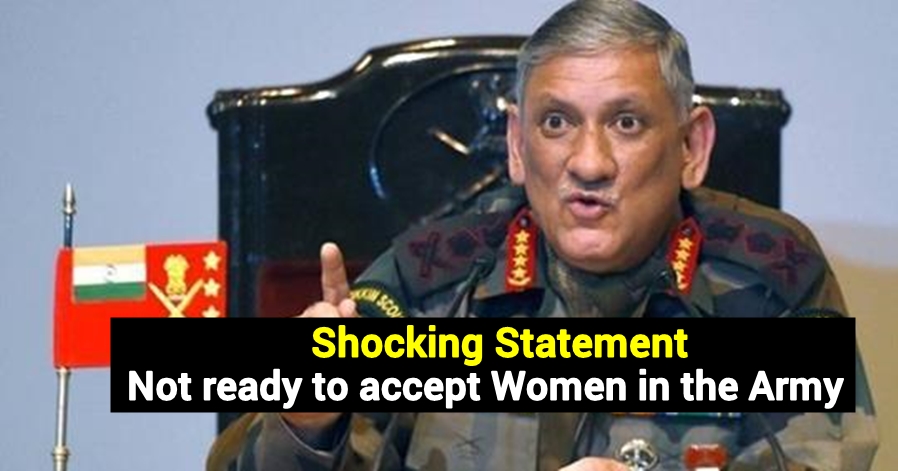No products in the cart.
“If I had a choice, I would be a Hindu”, says KK Muhammad- former ASI Director
In a world where differences are often emphasized, it is refreshing to see an individual embrace a new faith. KK Muhammad, the former Director of the Archaeological Survey of India (ASI), recently made a thought-provoking statement that has sparked conversations worldwide: “If I had a choice, I would be a Hindu.” This powerful declaration provides insight into the personal journey of a man dedicated to studying and preserving India’s rich cultural heritage. It also prompts reflection on the universal nature of spirituality and the potential for transformative personal growth.
KK Muhammad is widely respected for his commitment to preserving India’s rich heritage. He has played a crucial role in safeguarding ancient monuments and leading restoration projects, including the Kashi Vishwanath Temple and Somnath Temple. His recent statement reveals a personal aspect of his spiritual journey.
In an interview, Muhammad expressed his personal preference for Hinduism, stating that it goes beyond professional obligations. This declaration has sparked curiosity about the reasons behind his profound choice.
KK Muhammad’s journey into Hinduism is a personal and spiritual choice, especially significant considering he was born into a Muslim family. His exploration of the religion started with in-depth research and study of India’s history and culture, leading him to develop a profound appreciation for the spiritual depth, philosophical richness, and cultural diversity that Hinduism offers.
Muhammad’s decision to embrace Hinduism is not a rejection of his faith, but an expansion of spiritual horizons, demonstrating that wisdom and inspiration can be found in multiple religious traditions, and spirituality transcends religious boundaries.
KK Muhammad’s choice to turn to Hinduism highlights the universalism of spiritual values like love, compassion, and self-realization despite variations in religion. His shift from the keeper of an ancient treasure to a wise man demonstrates human curiosity and transformational power.
In a world that often emphasizes religious differences, Muhammad’s choice serves as a beacon of hope, reminding us that our spiritual paths are unique and deeply personal. It is a call for greater understanding, acceptance, and unity among people of different faiths. In the end, it is not the label of one’s religion but the sincerity of one’s spiritual quest that truly matters.








